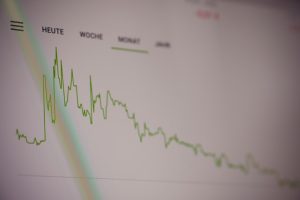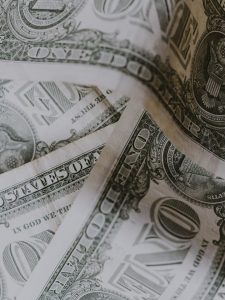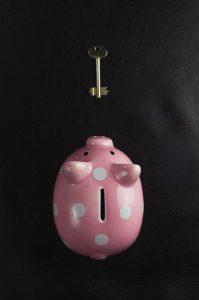Quora is a popular online platform where people can ask questions and get answers from experts and other users. One of the topics that frequently comes up on Quora is forex trading – the buying and selling of currencies in the global foreign exchange market.
Forex trading is a complex and dynamic field, and it can be difficult to determine who exactly is involved in this market. However, we can broadly categorize the participants into three groups: individual traders, institutional traders, and central banks.
Individual Traders
Individual traders, also known as retail traders, are people who trade currencies as a hobby or as a way to supplement their income. These traders usually work from home, using online trading platforms to access the forex market. They may trade part-time or full-time, and their trading strategies can range from simple to highly sophisticated.
Individual traders typically use leverage to increase their trading power, which means they can control large positions with only a small amount of capital. However, leverage is a double-edged sword – while it can amplify profits, it can also magnify losses.
According to data from the Bank for International Settlements (BIS), retail traders accounted for about 5% of the daily turnover in the forex market in 2019.
Institutional Traders
Institutional traders are professional traders who work for banks, hedge funds, and other financial institutions. They trade on behalf of their clients or their employers, and their trading strategies are often more complex than those of retail traders.
Institutional traders have access to a wide range of resources, including cutting-edge technology, advanced analytics, and insider information. They may also have relationships with other market participants that give them an edge in trading.
Institutional traders are responsible for the majority of trading volume in the forex market. According to the BIS, banks and other financial institutions accounted for about 44% of the daily turnover in the forex market in 2019.
Central Banks
Central banks are government institutions that are responsible for monetary policy and the regulation of their country’s currency. They participate in the forex market to maintain the stability of their currency and to manage their foreign exchange reserves.
Central banks can influence the forex market in a number of ways, such as by adjusting interest rates, buying or selling currencies, and implementing other policy measures. Because of their significant resources and influence, central banks are considered to be some of the most powerful players in the forex market.
Conclusion
Forex trading is a vast and complex field, and it involves a wide range of participants with different motivations and strategies. While individual traders account for only a small portion of the daily turnover in the forex market, they can still play an important role in shaping market trends and driving price movements.
Institutional traders and central banks, on the other hand, are responsible for the vast majority of trading volume in the forex market. These players have access to a wide range of resources and tools, and they can have a significant impact on the market through their trading activities and policy decisions.
Overall, forex trading is a highly dynamic and competitive field that requires careful analysis, strategic thinking, and a deep understanding of market trends and movements. Whether you are an individual trader or an institutional player, success in the forex market requires discipline, patience, and a willingness to learn and adapt to changing market conditions.





